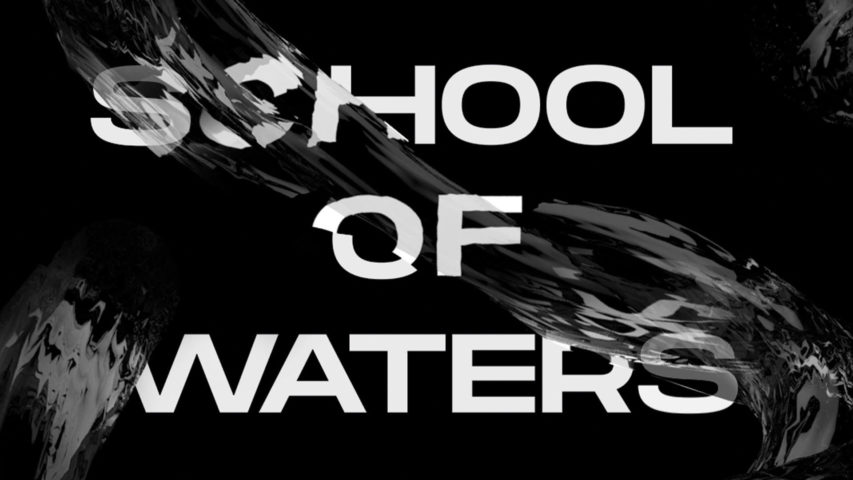
Arthub Favorite: Week 162
Open Call for MEDITERRANEA 19
Deadline: 2020 January 26, 20:00 (Italy Time)
Submission: http://www.bjcem.org/mediterranea19/
MEDITERRANEA 19 – “School of Waters” is dedicated to artists, writers and researchers under 35 (born from January 1st 1984) coming from or based within a constellation of territories related to Europe and the Mediterranean Sea (Albania, Algeria, Austria, Bosnia and Herzegovina, Cyprus, Egypt, France, Greece, Italy, Jordan, Lebanon, Libya, Malta, Montenegro, Morocco, Norway, Palestine, Republic of San Marino, Serbia, Syria, Slovenia, Tunisia, Turkey, UK). In this geopolitical frame, MEDITERRANEA 19 – “School of Waters” aims to reflect on exchanges and hybridizations as well as on crossed diasporas in the Mediterranean globalized space.
All the participants of MEDITERRANEA 19 – “School of Waters” will be selected by the curatorial team through an Open Call (Applications from November 25th 2019 – January 26th): http://www.bjcem.org/mediterranea19/
Founded in 1985 as a nomadic platform, the Biennale is organized by BJCEM – Biennale des Jeunes Créateurs de l’Europe et de la Méditerranée every two years in a different location in the Mediterranean.
BJCEM is an international association with more than 60 affiliated members and partners in Europe, Asia and Africa, which join forces to make the Biennale possible and ensure the participation of emerging practitioners coming from or based in the Mediterranean territories in which they operate. The aim of this network is also to create pre-biennale opportunities for young cultural professionals to foster their mobility in the Mediterranean, through the participation to crossed exchanges, collaborative projects, training and research programmes.
Disseminated in different venues in the Republic of San Marino, MEDITERRANEA 19 is curated by the third edition of “A Natural Oasis? A Transnational Research Programme (2018-2020)”:
Senior Curators:
Alessandro Castiglioni, Italy; Simone Frangi, Italy/France (founders and directors of A Natural Oasis?);
Curatorial Board:
Theodoulos Polyviou, Cyprus/UK; Denise Araouzou, Cyprus/Spain; Panos Giannikopoulos, Greece; Angeliki Tzortzakaki, Greece/Netherlands; Nicolas Vamvouklis, Greece/Italy; Giulia Gregnanin, San Marino/UK; Giulia Colletti, Italy/UK (Research Fellows of A Natural Oasis? 2018-2020.)
SCHOOL OF WATERS: CURATORIAL CONCEPT AND METHODOLOGICAL STRATEGIES
MEDITERRANEA 19 – “School of Waters” imagines a biennale as a temporary school inspired by radical and experimental pedagogies and the way they challenge artistic, curatorial, and research formats. From this standpoint, “School of Waters” acts as a collective tool to defamiliarise stereotypes that manipulate our geographical imaginaries, especially those linked to the Eurocentric interpretation of the Mediterranean area.
Acknowledging that humans have the ability to gather, create a community and exchange information, through gossip, storytelling and speaking about things that do not exist, MEDITERRANEA 19 redirects its attention to arguments against human exceptionalism and aims to reconfigure the notion of learning through commonning knowledges present within non/human and human structures.
“School of Waters” revolves around a critical rethinking of the material and symbolic agency of waters from a geopolitical and deep-ecology perspective. The desire to learn from waters reveals ways to un-train nationalisms and rediscover watery syncretism that constituted the Mediterranean as a complex platform of life forms and knowing processes. The curatorial team develops MEDITERRANEA 19 as an ecology of practices, trickling through various spaces in resonance with the specificity of a small state such as the Republic of San Marino.
This curatorial concept operates on a metaphorical and on a structural level. As Lisa Robertson suggests, “biting hair, writing in water, naming god, shaking cloth—the gesture is erased at the instant of its inscription, erased by the livid autonomy of its elemental support” (“On Water. A Proposition”, Tamawuj, Sharjah Biennial 13, 2018). In fact, the impossible act of writing in water is the core of an imagined school where water as a sentient entity is both amenable and resistant to cognitive taming.
Oceans, seas, ice caps, glaciers, lakes, rivers, aquifers, ponds, snow, rain are fluid, they melt, condense, evaporate and are able to traverse and appear in different states. These water formations suggest the possibility of reshaping the understanding of static identities and sense of belonging in the Mediterranean, starting not from the lands but from its waters.